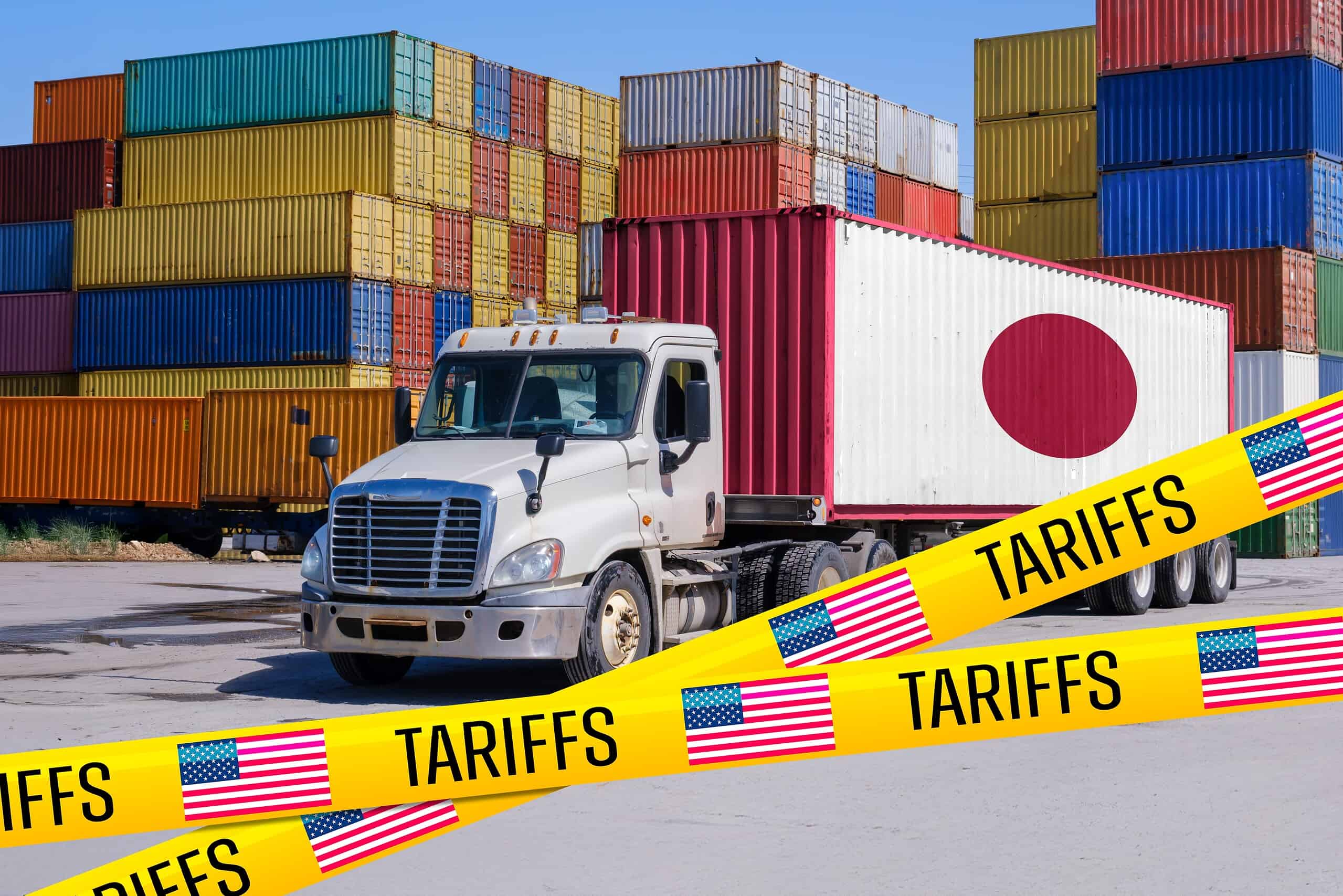As the United States and China escalate their tariff standoff, Japan’s electronics industry is reconfiguring its global production footprint to minimize exposure to geopolitical risks.
Leading component makers, such as Murata and TDK, are shifting manufacturing to Southeast Asia and Mexico. At the same time, Tokyo Electron plans to expand its US operations to match those in Japan, steps that reflect a broader recalibration of supply chains in response to political and market pressures.
Guided by the 2022 Economic Security Promotion Act, Japan is pursuing resilience across semiconductors, defense, energy and rare earths, sectors central to its national security and economic competitiveness.
Newly appointed Prime Minister Sanae Takaichi’s administration expects to advance this industrial realignment, a strategy that blends fiscal activism with government-led investment in strategic sectors.
A cornerstone of this strategy is the development of “Silicon Island,” Japan’s growing semiconductor hub in Kyushu. The government has pledged roughly 732 billion yen (about $4.9 billion) in subsidies to support Taiwan Semiconductor Manufacturing’s second advanced plant in Kumamoto.
This is being matched by a new research collaboration with Intel to bolster Japan’s domestic chip design and fabrication capabilities. These projects aim to secure Japan’s role in the global semiconductor ecosystem while reducing dependency on China.
At the same time, Tokyo is acting to secure critical minerals vital to high-tech industries. Amid a global race to diversify supply chains, the Japan Organization for Metals and Energy Security (JOGMEC), an agency under the Ministry of Economy, Trade and Industry (METI), has signed a memorandum of understanding with US rare earth developer REalloys Inc.
The agreement outlines cooperation in technology transfer, joint development and structured access to rare earth alloys and magnets.
The partnership extends Japan’s diversification strategy beyond Asia to North America, ensuring stable access to materials such as neodymium and samarium, essential for electric vehicles, advanced semiconductors, and defense systems.
Together, these initiatives highlight how Tokyo is using industrial policy not only to protect its manufacturing base but also to redefine its role in the emerging geopolitics of supply chain security.




